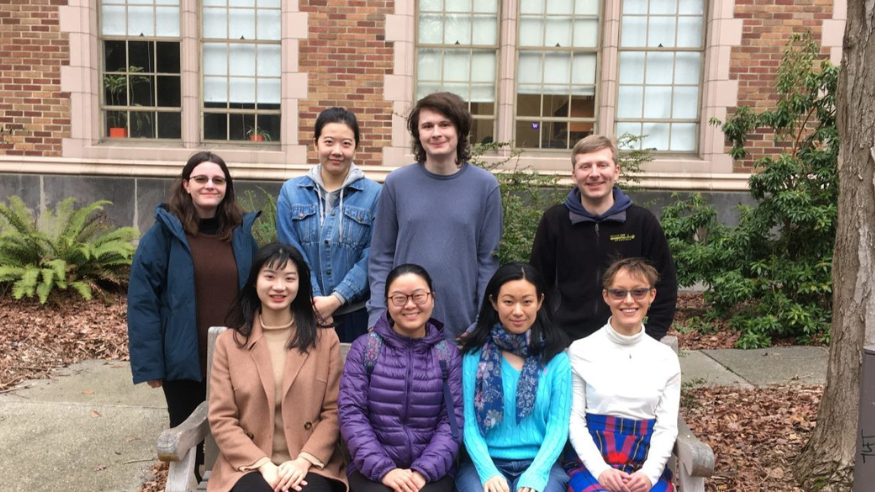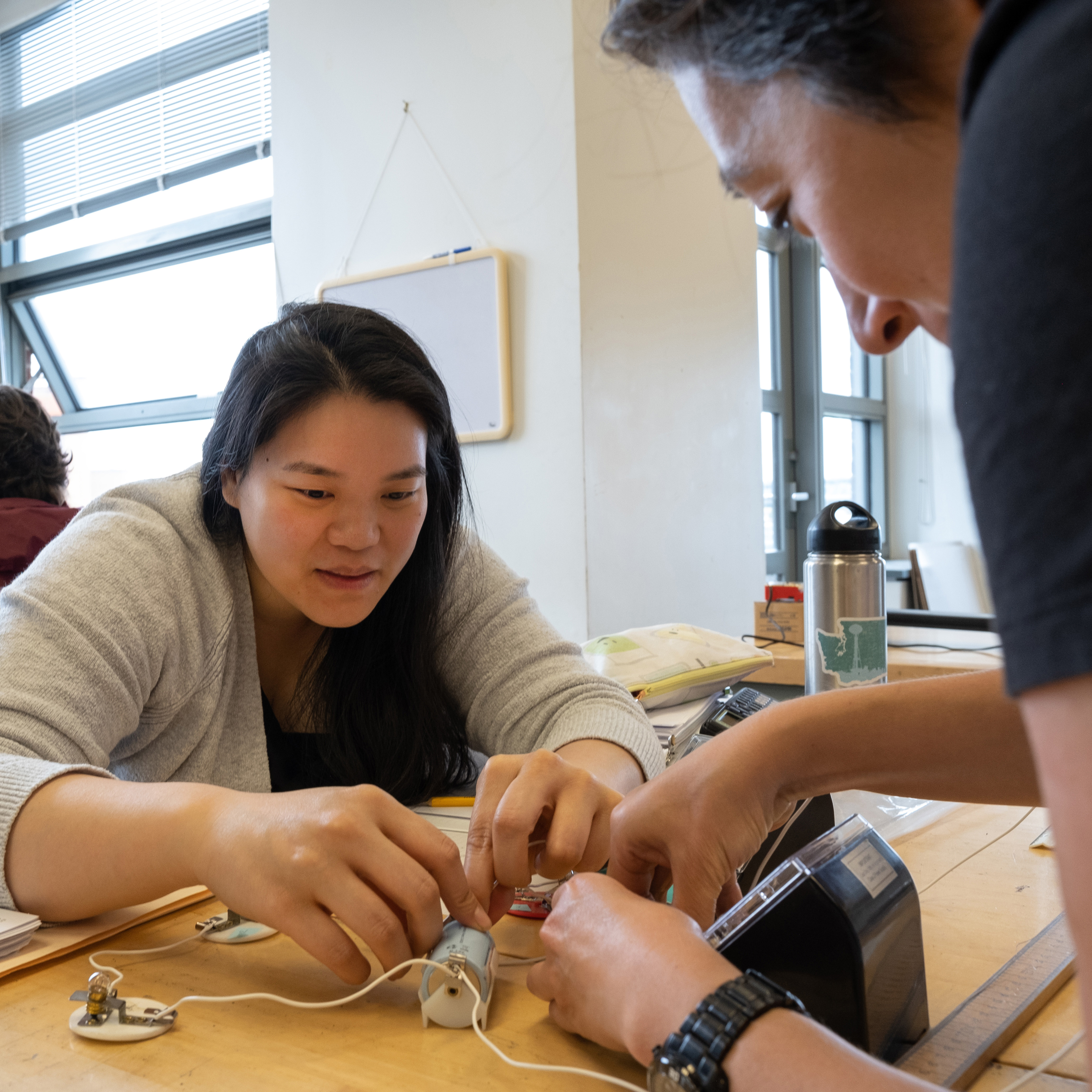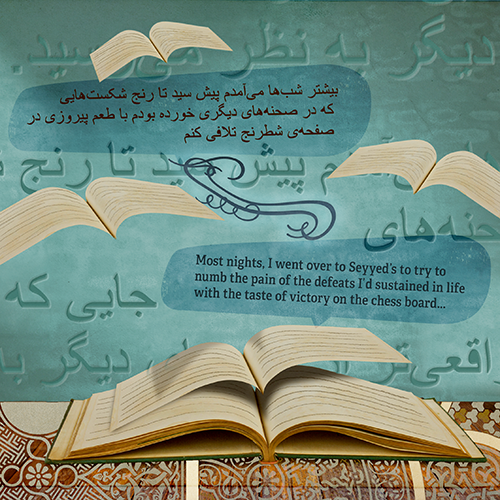Early in the morning of November 23, 2023, Dr. Madeleine Dong awoke to a text from the Tang Research Foundation: Did the University of Washington have any room for a professorship in pre-modern Chinese history?

Dong, Professor in the UW History Department and the Henry M. Jackson School of International Studies and Chair of the China Studies program sat up and responded right away: Of course!
“UW has a very strong history department and has been teaching about China for more than a century. The Tang Research Foundation had many places they could have picked,” Dong says. “Receiving that text was a surprise, but why they texted makes sense.”
That pre-dawn wakeup call—along with UW’s stellar reputation in the field—has led to a $1.5 million gift from the Tang Research Foundation to establish a Professorship in Pre-Modern Chinese History at UW.
A hundred-year history of excellence
UW has a long history of teaching about China, a world-class library with Chinese collections, and one of the largest and most distinguished Chinese Studies programs in the United States, Dong says. Furthermore, through the resources within UW’s History Department, Jackson School of International Studies, Departments of Asian Languages and Literature, Anthropology, and School of Art + Art History + Design, the UW is committed to being a leading institution in this field.
Patricia Ebrey, the professor who had previously held this role, retired in 2020 and was one of the pre-eminent scholars in the field.
Having a named position will strengthen UW’s ability to attract distinguished researchers and scholars in this area. This gift will provide additional resources to the department and the holder of the position to further the study of Pre-Modern Chinese History.

Why Chinese pre-modern history?
“Support like this is so important. And understanding pre-modern Chinese history matters. The field is important by itself, but it also serves as a linchpin that brings together many different programs. It matters for every discipline in the study of China and other Asian countries—language, literature, art, history, and more. If we didn’t have this field, we would only be able to teach Chinese history from the 15th century forward. We’d leave out a crucial period of history that shaped China and changed the world,” Dong says.
Studying this period is crucial in shaping what became Chinese identity, and it has implications for the country’s current culture and politics as well. You can’t thoroughly understand today’s China without having a background in how it came about, Dong believes. “Students who are interested in China must know this time period, because it’s very alive in today’s life.”
About the Tang Foundation
“The Tang Research Foundation is delighted and proud to help continue the long tradition of leading scholarship on pre-modern Chinese history at the University of Washington,” says Andrew Eisenberg, Treasurer, Tang Research Foundation. “UW’s commitment to academic excellence aligns with our foundation's mission to educate the next generation of leaders.”
The Tang Research Foundation was established by Roger Covey who passed away in 2013. Following his will, a board of regents was established to continue his work. The foundation makes annual donations to research programs on pre-modern China.
“Generosity like the Tang Research Foundation’s serves as a catalyst to launching new areas of research and collaboration. Private philanthropy allows for new ideas and approaches, and empowers faculty to move creative ideas forward,” Liz Exell, Executive Director, Corporate and Foundation Relations at UW says. “This professorship will bring scholars together to advance the study of pre-modern Chinese history and further elevate UW’s reputation in the field.”
Chinese pre-modern history is a field that holds invaluable lessons for today's world. Thanks to the Tang Research Foundation, we can help illuminate the richness of China's past and inspire future scholars.
Next steps
To find the right person for the role, the Department has formed a cross-disciplinary committee, and recruiting is in process. The ideal candidate, Dong says, will have a very strong research background and exceptional teaching ability. Dong expects the position will be very competitive, with an eventual start date of fall quarter 2025.
In addition to teaching both undergraduate and graduate students, the holder of the professorship will need to continue with UW’s active role outside the university as well.
“We have had a very active role in cultural events in the community. For example, we have productive collaborations with Seattle Asian Art Museum and other cultural institutions in Seattle. Those programs have had amazing success,” she says.
Dong continues, “Chinese pre-modern history is a field that holds invaluable lessons for today's world. Thanks to the Tang Research Foundation, we can help illuminate the richness of China's past and inspire future scholars.”
More Stories

High School Teachers Get Schooled in Physics
High school teachers spent four weeks at the UW Summer Institute in Physics and Physical Science to improve their understanding and teaching of physics.

A Novel Prize for Persian Translation
The Mo Habib Translation Prize is bringing the work of Persian writers — and translators of Persian — to an English-language audience.

Big Data in the Night Sky
Astronomers at the DiRAC Institute have been preparing for a flood of data from the new Rubin Observatory. Now undergrads have joined the effort.
